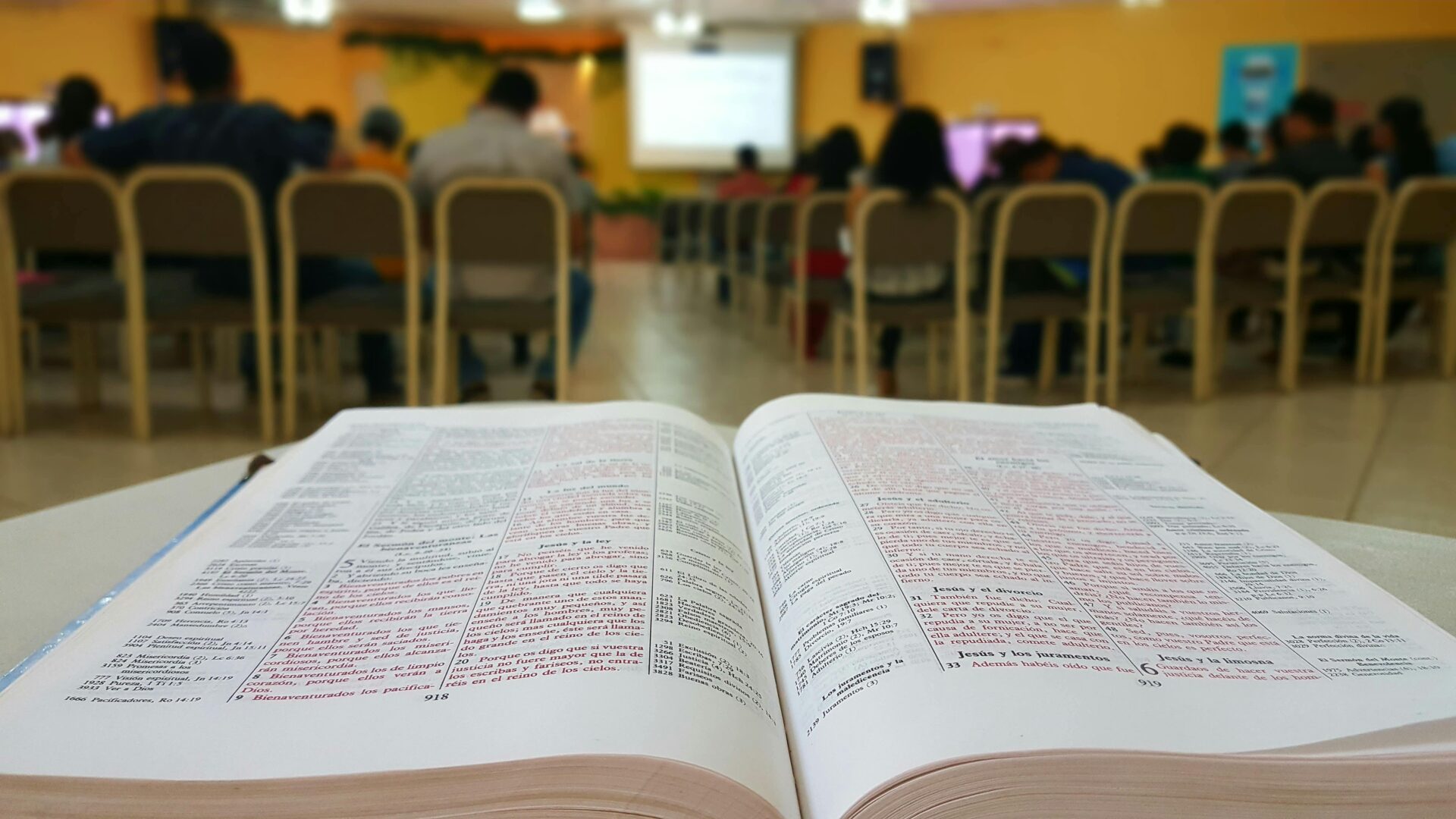Like the courtroom we discussed last time, the hospital bed can be another trap in which Christians can easily be bound in the tortured middle kept from Christ’s abundance. Whereas the courtroom lures through guilt and shame, the hospital bed seduces through trauma and triggers.
Trauma and triggers.
These two words seemed to have exploded in popular use. Counselors can even become “Trauma Certified,” which I do not understand at all. Most people seek professional counselors because of pain they have experienced from others. Pain causes trauma. Aren’t all professional counselors trained to deal with trauma? As one who has sat in people’s pain/trauma/darkness for 25 years the “buzziness” of trauma and triggers has been interesting to watch.
Certainly, trauma and triggers are absolutely real, and can be great describers of portions of people’s stories, but they can also, easily, become handcuffs. The hospital bed can become permanent. This permanency happens when one believes their wounds are too deep and wide for our Father to heal and overcome.
Instead of a son or daughter of our Father having been victimized by another/others, the person now identifies as a victim. Everything is about trauma. Trauma must be meticulously dissected. Everything that happens in a person’s life is now connected to a past injury/injuries.
Unbeknownst to the one in the hospital bed, their trauma has now become an idol. Identifying idolatry is the simple exercise of determining who or what has the most power in one’s life. I idolize my wife, for example, if her words about me have more power than Jesus’s words. I idolize my job if my company’s agenda dictates my life’s schedule. I idolize money if my worth is connected to my bank account. And I idolize my trauma if the pain that another has caused me has greater force in my life than the love of the Father, Son, and Holy Spirit.
In the Bible, Joseph is a go-to person who suffered intensely but never allowed his suffering to handcuff him to a hospital bed. His whole story is found in Genesis 30:22-50:26. Consider these highlights:
- His mom, Rachel, died when he was very young (Genesis 35:16-21).
- His brothers famously sold him into slavery to the Midianties who sold him to the Egyptians (Genesis 37:18-36). You have to “see” the moment Joseph realized his brothers were not going to rescue him and he felt the weight of his loneliness and the uncertainty of his future.
- Joseph was falsely accused of rape and put in jail after being morally pure and being highly successful in his workplace (Genesis 39:1-23).
- After rightly interpreting the dream of a fellow prisoner, that prisoner was released but forgot about Joseph. Consequently, Joseph remained in prison an additional two years (Genesis 40:20-21:1).
Can you imagine the psychological condition Joseph could have been in had he given into his trauma? How easily could he connect everything in his adult life to his childhood? How many triggers could he have had? How would a Certified Trauma counselor, who is not skilled in the much weightier reality of the providence of God, guide Joseph through his pain?
Was Joseph’s trauma real? Yes.
Did it cause him pain? Yes.
Did it significantly affect the direction of his life? Absolutely.
Did His trauma define his life? NO.
Was Joseph’s trauma bigger than God’s ability to heal him and make his life fruitful?
ABSOLUTELY NOT.
While Joseph suffered greatly, he never identified himself as a victim. He never saw his pain as something greater than the LORD’s providence. At the end of the two-year prison term, Joseph was released and made the number two official in all of Egypt. He oversaw all of Pharoah’s operations. He married Asenath and had two sons.
Watch the POWER of God’s restorative ability in Genesis 41:50-52:
Now before the year of famine came, two sons were born to Joseph, whom Asenath, the daughter of Potiphera priest of On, bore to him. Joseph named the firstborn Manasseh, “For,” he said, “God has made me forget all my trouble and all my father’s household.” He named the second Ephraim, “For,” he said, “God has made me fruitful in the land of my affliction.”
Wow.
Joseph NEVER forgot his story. He carried with him the reality of what his brothers did to him. But their actions did NOT define him. He did not get trapped in pity or victimhood. He was not handcuffed to a hospital bed of trauma. What was his solace? How did he escape the seduction of his pain? Resting in, and trusting, the faithfulness of the LORD.
He named his first-born Manasseh. Look at the definition. “God has made me forget.” Was Joseph able to move passed his trauma on his own? No. Did he see a counselor for years and years to get well? No. His eyes were focused on what God was doing in his life. He knew God was BIGGER than his pain. Notice Joseph says that God made him forget “all my trouble and my father’s household.” Jospeh did NOT blow off or dismiss his story, he just believed that no one had more power in his life than God.
Then he names his second-born Ephraim. Again, look at the definition, “God has made me fruitful in the land of my affliction” (italics added). Every time Joseph looked he was reminded that he did not belong there. He could not escape visual evidence of the horrors that were done to him. NEVERTHELESS, even in the land of his affliction, God could make him fruitful. Did Joseph make himself fruitful? No. Did Joseph manufacture strength to make his life meaningful? No. God, Joseph’s LORD, made him fruitful.
Pain, trauma, and triggers are real. People can do very real and serious damage to each other. Many of us need counselors to help us navigate what has been done. However, our trauma does not define us. It does not determine our story. It should not be endlessly dissected.
In the New Testament, the Apostle Paul writes of our adoption into the family of our Father. Romans 8:15 says, “For you have not received a spirit of slavery leading to fear again, but you have received a spirit of adoption as sons by which we cry out, ‘Abba, Father!’” In our adoption through Jesus, we have been made new. We encounter the power and love and faithfulness and restoration of the Creator. In His restoration we become “His workmanship, created in Christ Jesus for good works, which God prepared beforehand so that we would walk in them” (Ephesians 2:10).
As an adopted son or daughter, you have value and purpose no one can take from you. You have been raised and seated with Christ in the heavenly places (Ephesians 2:6). A good counselor will help you experience the Holy Spirit’s comfort AND the power of our Father’s calling.
Be careful, the pull to self-pity and victimhood is strong. Living on a hospital bed of trauma can be easily justified. BUT the hospital bed is not the abundance of Jesus.
You were made to declare your own Manasseh and your own Ephraim.
Deliverance from the hospital bed into abundance is one of the riches of LIFE in the OVERFLOW!





